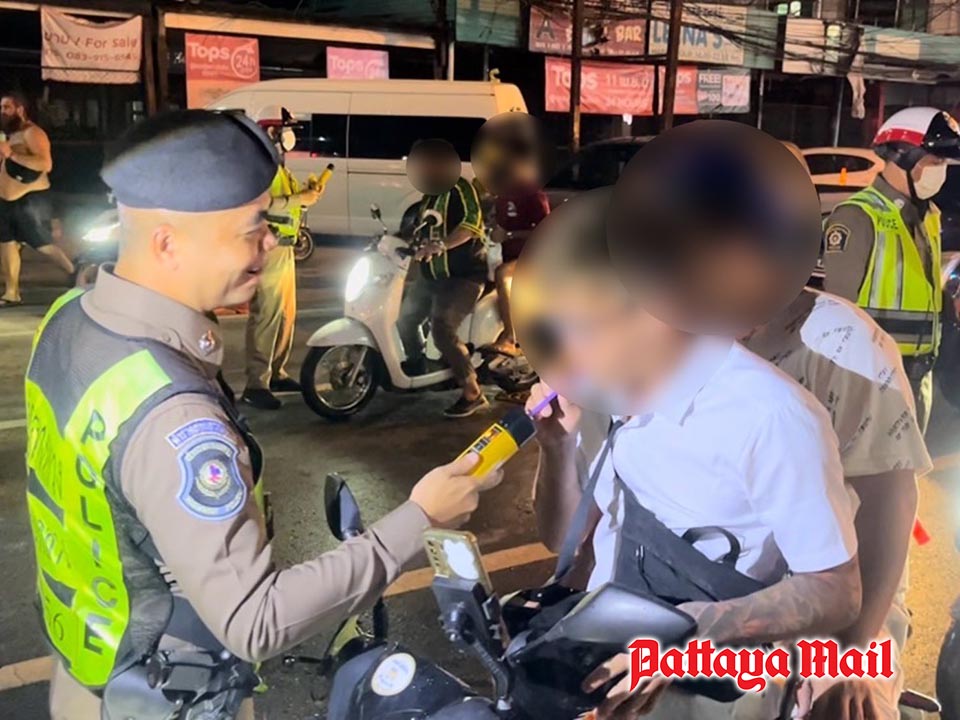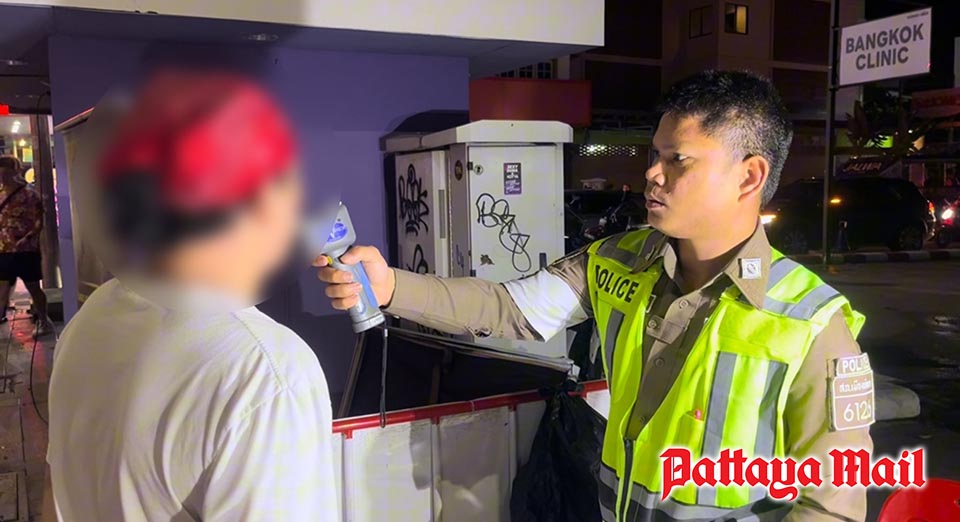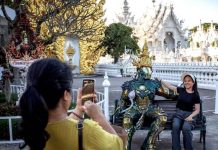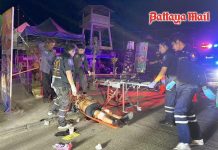
PATTAYA, Thailand – As Pattaya continues to be a bustling hub for both locals and tourists during the Songkran Festival, authorities are ramping up efforts to ensure road safety through increased checkpoints and alcohol breath tests. While these measures are part of the national “7 Dangerous Days” campaign, aimed at reducing accidents and fatalities during the holiday period, some members of the public have raised concerns about the effectiveness of such initiatives.
One comment that has caught attention is from a local resident who remarked, “You can’t stop people from drinking and driving.” This statement reflects the frustration felt by many who believe that, despite the enforcement of alcohol checks, people will continue to drink and drive, particularly during the festive atmosphere of Songkran, where alcohol consumption is deeply embedded in the celebrations.
While law enforcement plays a critical role in maintaining public safety, the question arises: Is it realistic to expect that alcohol checkpoints alone can significantly reduce the number of accidents during such a high-energy, alcohol-fueled event? Many people believe that the presence of checkpoints, though a deterrent for some, isn’t enough to prevent the widespread issue of drunk driving in Pattaya during Songkran.
There is a broader cultural context to consider: Songkran, as Thailand’s most celebrated festival, often involves large-scale gatherings and parties, where alcohol consumption is almost a given. Even with police checkpoints in place, the sheer volume of people celebrating in public spaces, combined with the long hours of festivities, makes it difficult for authorities to catch every individual who chooses to drive under the influence.
Moreover, critics argue that while the checkpoints target those already caught driving under the influence, a significant number of drunk drivers may still manage to avoid detection or simply choose to drive at less obvious hours or routes.
To truly make a difference, experts suggest a multifaceted approach that goes beyond just alcohol checks. Public education on the dangers of drunk driving, more visible police presence in popular nightlife areas, and the promotion of safer transportation options, such as ride-sharing services, could all contribute to a more effective strategy in reducing accidents and fatalities during Songkran.











